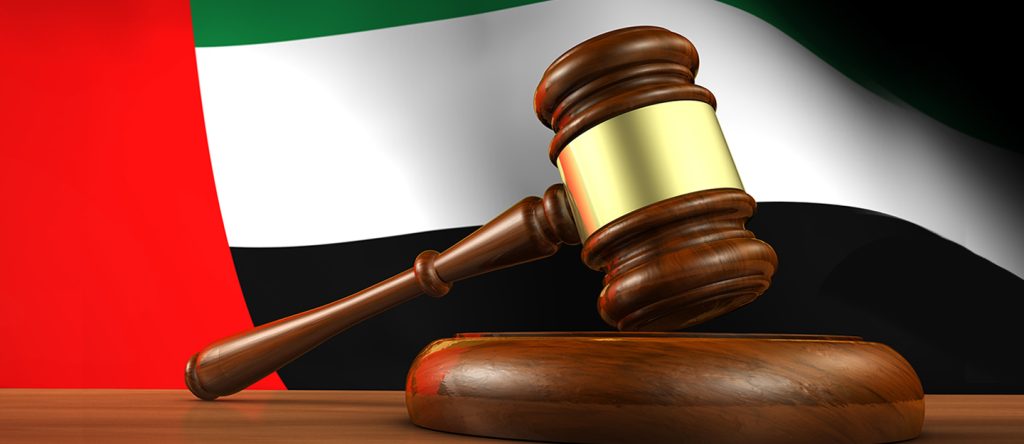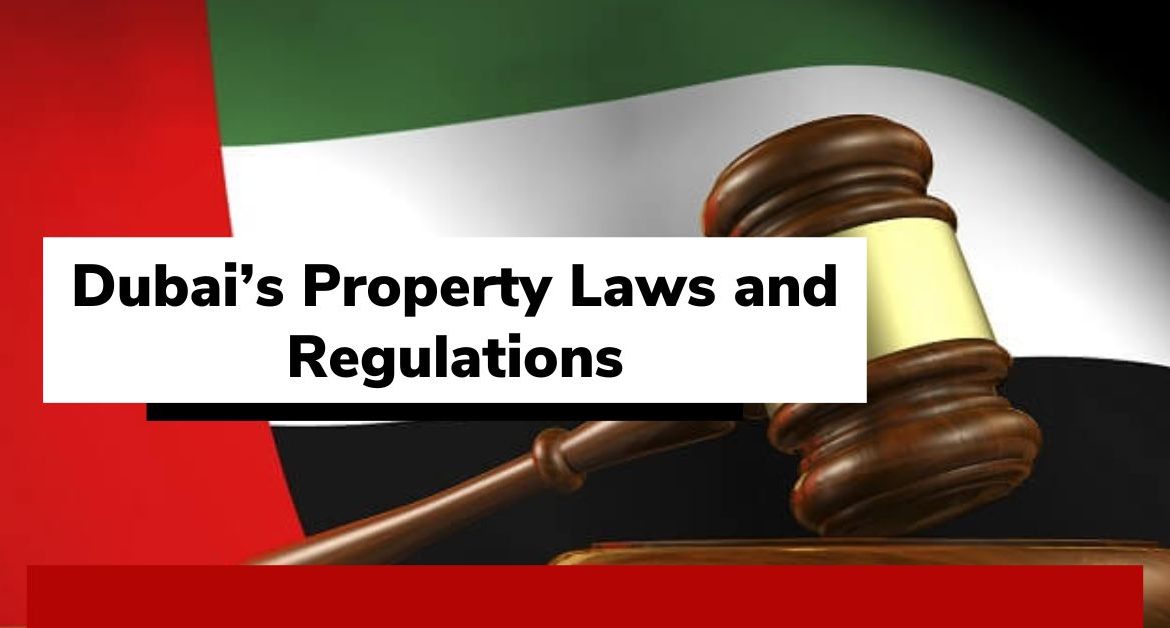A Comprehensive Guide to Dubai’s Property Laws and Regulations
Navigating the real estate landscape in Dubai can be both exciting and daunting. Known for its iconic skyline, luxurious lifestyle, and thriving economy, Dubai offers immense opportunities for property investors and residents alike. However, understanding property laws in Dubai is crucial to ensure a smooth and legally compliant real estate experience. This guide delves into the key aspects of Dubai’s property laws and regulations, providing valuable insights and practical advice for potential buyers, investors, and tenants.
And also discover the five crucial guides by Hopo Homes for having a hassle-free life in Dubai. Also here are seven essential tips for hassle-free renting in Dubai with Hopo Homes. With Hopo Homes, you can easily find the best bachelor rooms for rent.
Enjoy a comfortable home away from home in Dubai for just 5,000 AED per month, with all utilities included. Also Owners best experience with Hopo Homes when it comes to their property management services.
Introduction to Property Laws in Dubai
Dubai’s real estate sector is a dynamic and ever-evolving market. For anyone looking to invest in or rent property, understanding property laws in Dubai is essential. Dubai’s legal framework is designed to protect the interests of all parties involved, ensuring transparency and fairness in real estate transactions.

Understanding the Real Estate Market in Dubai
Dubai is a global hub for business, tourism, and luxury living, attracting expatriates and investors worldwide. The city’s strategic location, modern infrastructure, and tax-free status make it a prime destination for real estate investment. Whether you’re looking to buy a luxurious apartment or a cozy rental unit, Dubai offers a wide range of options to suit different needs and budgets.
Key Regulatory Bodies
Dubai Land Department (DLD)
The Dubai Land Department is the primary government agency responsible for overseeing all real estate transactions in Dubai. It facilitates property registration, manages legal affairs, and implements policies to ensure a secure and transparent real estate market.
Real Estate Regulatory Agency (RERA)
RERA, a subsidiary of the DLD, is tasked with regulating the real estate sector. It sets the rules and standards for property transactions, resolves disputes, and ensures compliance with the law. RERA also maintains a rental price index to guide landlords and tenants in setting fair rental rates.
Types of Properties in Dubai
Freehold Properties
Freehold properties are those where ownership is outright and indefinite. Foreign nationals can purchase freehold properties in designated areas, such as Dubai Marina, Downtown Dubai, and Palm Jumeirah. This type of ownership allows buyers to sell, lease, or occupy the property at their discretion.
Leasehold Properties
Leasehold properties grant ownership for a fixed term, typically ranging from 10 to 99 years. This type of ownership is more common in areas not designated for freehold ownership. At the end of the lease term, the property reverts to the landowner.
Legal Framework for Property Ownership
Who Can Own Property in Dubai?
Property ownership in Dubai is open to UAE nationals, GCC nationals, and foreigners. However, foreign nationals are limited to purchasing properties in designated freehold areas.
Residency Requirements for Property Ownership
Owning property in Dubai does not automatically grant residency. However, investors can apply for a property-linked residency visa, subject to certain conditions, such as a minimum property value.
Buying Property in Dubai
Buying property in Dubai involves several steps and legal procedures to ensure a smooth transaction. Understanding the process and having the right guidance can help you make informed decisions.
Steps to Purchase a Property
Research and Select a Property: Begin by identifying the type of property you want to purchase and the location. Consider factors such as budget, property size, and amenities.
Hire a Real Estate Agent: Work with a licensed real estate agent to navigate the market and find properties that meet your criteria.
Make an Offer: Once you’ve found a property, make a formal offer to the seller. This usually involves a negotiation process to agree on the price and terms.
Sign a Memorandum of Understanding (MOU): The MOU outlines the terms and conditions of the sale, including the agreed price, payment schedule, and completion date.
Pay the Deposit: A deposit, typically 10% of the purchase price, is required to secure the property.
Conduct Due Diligence: Verify the property’s legal status, ownership, and any outstanding liabilities. Your agent or legal advisor can assist with this process.
Sign the Sales Agreement: Once due diligence is complete, sign the sales agreement and pay the remaining balance.
Required Documents and Procedures
Identification: Passport or Emirates ID for identification.
Proof of Funds: Bank statements or financial documents demonstrating the ability to finance the purchase.
No Objection Certificate (NOC): Obtain an NOC from the developer to proceed with the sale.
Property Valuation: A property valuation may be required for mortgage purposes.
Property Registration Process
Once the sales agreement is signed, the property must be registered with the Dubai Land Department to finalize the transaction and obtain legal ownership.
Title Deed and Oqood
The title deed is a legal document proving property ownership. The Oqood is a pre-registration contract for off-plan properties, ensuring the buyer’s rights during the construction phase.
Registration Fees and Costs
Registration fees are typically 4% of the property purchase price, payable to the DLD. Additional costs may include administrative fees and charges for obtaining the title deed. So, the total registration fees may go up to 7% including all the expenses.
Mortgages and Financing
Financing a property purchase in Dubai is possible through various mortgage options offered by banks and financial institutions. Understanding the legal requirements and available options can help you make informed decisions.
Options for Property Financing
Conventional Mortgages: Fixed or variable-rate mortgages are available for both UAE nationals and expatriates.
Islamic Mortgages: Sharia-compliant financing options such as Ijarah or Murabaha.
Legal Requirements for Mortgages
Eligibility: Lenders assess your financial status, employment history, and credit score.
Down Payment: A minimum down payment, typically 20-25% for expatriates, is required.
Mortgage Registration: Mortgages must be registered with the DLD to be legally recognized.
Rights and Responsibilities of Property Owners
Owning property in Dubai comes with certain rights and responsibilities, ensuring the property’s upkeep and compliance with regulations.
Maintenance and Service Charges
Property owners are responsible for paying maintenance and service charges to cover the upkeep of common areas and facilities. These charges vary depending on the property type and location.
Property Management and Rental Regulations
If you plan to rent out your property, understanding rental regulations and property management practices is essential. This includes adhering to RERA’s rental index and ensuring tenant rights are protected.
Tenancy Laws in Dubai
The rental market in Dubai is governed by specific laws designed to protect both tenants and landlords. Understanding these laws can help avoid disputes and ensure a smooth rental experience.
Rental Agreements and Contracts
Rental agreements must be registered with RERA’s Ejari system to be legally recognized. These contracts outline the terms, rent amount, and duration of the tenancy.
Tenant Rights and Landlord Obligations
Tenants have the right to a safe and habitable living environment. Landlords must maintain the property, respect privacy, and adhere to agreed rental terms.
Hopo Homes and Hassle-Free Living
Hopo Homes is committed to providing seamless rental experiences in Dubai. With a range of fully furnished and affordable rental apartments, Hopo Homes ensures comfort, convenience, and compliance with property laws in Dubai.
Finding the Right Rental Solution
Hopo Homes offers a diverse portfolio of rental properties, catering to different preferences and budgets. Whether you’re looking for a co-living space or a private apartment, Hopo Homes has the perfect solution.
Enjoy a comfortable home away from home in Dubai for just 5,000 AED per month, with all utilities included. Also Owners best experience with Hopo Homes when it comes to their property management services.
Benefits of Choosing Hopo Homes
Fully Furnished Apartments: Move-in ready units equipped with modern amenities.
Affordable Options: Competitive pricing to suit various budgets.
Hassle-Free Process: Simplified rental process with professional support.
FAQs on Property Laws in Dubai
How can foreigners buy property in Dubai?
Foreigners can buy property in designated freehold areas. The process involves selecting a property, making an offer, and completing legal procedures with the Dubai Land Department.
What are the costs involved in purchasing a property in Dubai?
Costs include the property price, registration fees (4% of the purchase price), and administrative charges. Additional costs may include maintenance fees and mortgage registration fees.
How does property inheritance work in Dubai?
Property inheritance for non-Muslims is governed by the deceased’s will or the laws of their home country. It’s advisable to consult a legal expert for guidance.
Can I rent out my property in Dubai?
Yes, property owners can rent out their properties. Ensure compliance with RERA regulations and register rental agreements with the Ejari system.
What should I do in case of a property dispute?
For disputes, consider mediation or arbitration through the Rent Dispute Settlement Center. Legal advice may be necessary for complex cases.
How does Hopo Homes simplify the rental process?
Hopo Homes offers a streamlined rental process with fully furnished apartments and professional support, ensuring a hassle-free living experience.
Author
-
 Palak: Author
Palak: AuthorI am an experienced Blog writer and SEO expert, I have successfully delivered over 200+ well-researched, engaging, and SEO-optimized articles. My expertise lies in creating content that not only reson...
View all posts





